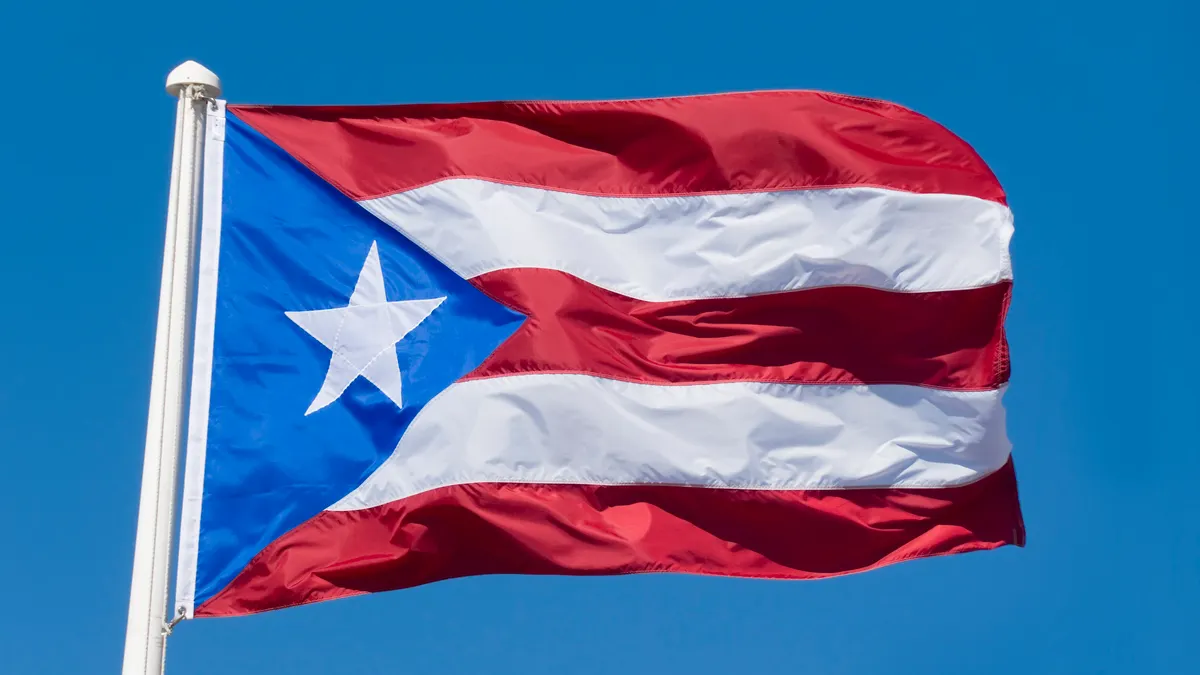Over the course of a harrowing decade, pharmas from GSK and AstraZeneca to Novartis and Pfizer were shuttering their neuroscience drug development programs due to clinical failures, investor risk and frustrating science. In recent years, however, evidence across the industry suggests the brain is back.
Behind the shift is a cadre of smaller biotechs that kept the fires hot in central nervous system research even while their Big Pharma brethren were backing down. Now, as the industry giants renew their interest in the field, those biotechs are reaping the benefits of a resurgence in partnerships and valuable deals.
Some of the biggest recent matchups in the CNS space were Bristol Myers Squibb’s $14 billion purchase of Karuna Therapeutics announced at the end of 2023 and Pfizer’s $11.6 billion acquisition of Biohaven announced in 2022. AbbVie also dropped $8.7 billion on a buyout of Cerevel at the end of last year. These deals that centered around schizophrenia, migraine, Parkinson’s candidates and more marked a turning point in the value that major pharma players were placing on neuroscience research.
“We’re seeing a resurgence of interest in central nervous system disorders, and for folks that have been in that space for some time, we’re delighted to see investment coming back."

Gene Kinney
CEO, Prothena Biosciences
Clinical and regulatory successes have also played a part in the CNS resurgence. Despite the difficulties faced by Biogen and Eisai’s Alzheimer’s drug Aduhelm, for instance, the saga paved the way for the partners’ followup Leqembi to hit shelves with greater impact, and Eli Lilly’s upcoming likely donanemab approval is a testament to how quickly that landscape is changing.
As new modalities in Alzheimer’s, depression and other brain disorders become more clearly defined — and less risky of an investment — the central nervous system development arena is experiencing a reawakening as a result of improving science and updated approaches.
Prothena’s brain bonanza

Beyond pure-play acquisitions in the CNS space, pharmas have also sought out smaller companies for collaborations as they expand their neuroscience footprints. Neurodegenerative protein dysregulation specialist Prothena Biosciences is one biotech with several Big Pharma partnerships brewing.
One of the earlier partnerships signaling the new wave of CNS fascination was a 2018 deal between Celgene and Prothena with as much as $2 billion in potential milestones on the line. Now, following Celgene’s acquisition by Bristol Myers, Prothena is still working with the pharma giant on new candidates in the CNS space.
Most recently, Bristol Myers opted into an exclusive license for Prothena’s neurodegenerative drug PRX019 last month. Although the companies haven’t disclosed an official target for the drug candidate, the deal netted the biotech $80 million, and Prothena is set to begin early-stage trials by the end of the year.
“We’re seeing a resurgence of interest in central nervous system disorders, and for folks that have been in that space for some time, we’re delighted to see investment coming back into the space after a previous shift away,” said Prothena CEO Gene Kinney. “That’s excellent if we look at the burden of neurodegenerative diseases on an aging society, and we’re seeing fabulous progress in clinical trials.”
Among the reasons for the revival are the discovery and development of new biomarkers, more sophisticated patient selection processes, more sensitive and meaningful endpoints and “a stronger patient voice overall in clinical trial conduct and regulatory science,” Kinney said.
He also pointed to improved AI as a boon to understanding protein structures and scientific advances in early stages of research.
“There are some very exciting technologies that open up the whole science space to exploring questions that were previously unattainable,” Kinney said. “Along with that comes some very exciting modalities to regulate proteins at the gene level, as well as the production, aggregation and clearance of protein intracellularly and extracellularly.”
Prothena’s later-stage pipeline hopefuls include an AL amyloidosis candidate in phase 3 with results expected either late this year or in the first half of 2025. The company also has a phase 2 Parkinson’s disease candidate called prasinezumab it’s developing with Roche and an ATTR amyloidosis treatment called coramitug in phase 2 with Novo Nordisk.
The biotech’s Alzheimer’s disease candidates include a tau-clearing treatment in mid-stage trials licensed to Bristol Myers, an amyloid-clearing therapy in phase 1 and a combination amyloid-tau candidate about to enter clinical trials.
As the science advances and pharmas invest more into neuroscience pipelines, the previous decade’s drought seems to have subsided, and a new wave of drugs could hit the market in years to come.
“The whole goal here is to transform science into therapeutics that can help patients, and to do so as expeditiously as the data warrants,” Kinney said. “That’s the key, and working with a group like Bristol Myers, with their expertise scientifically, clinically and commercially, is meaningful to us in terms of what it can do for the programs.”




















